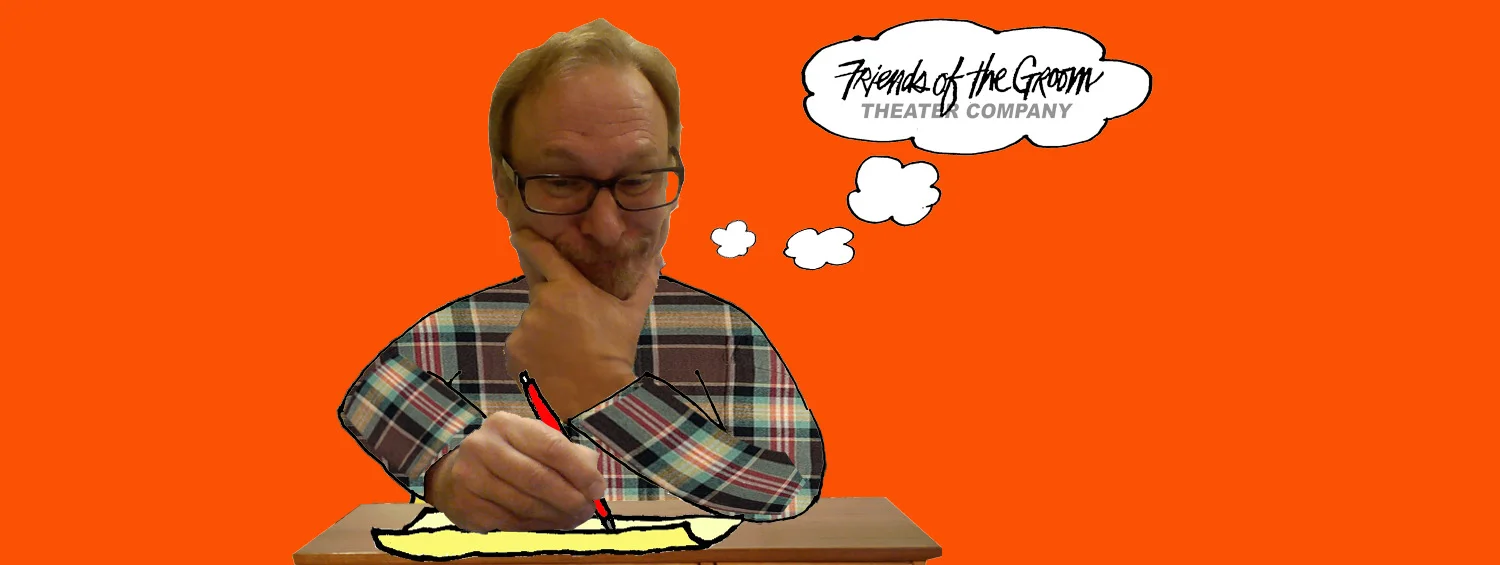A Few Thoughts on Prayer
/FEBRUARY 11, 2015
“Should you ever pray for a parking space?” I was recently at a men’s discussion group when that question was posed. Some thought the idea absurd: Do you really expect God to reach down and move a car out of the way for you? Others thought it revealed an underlying injustice: If God gives you a spot, does he refuse it to someone else?
I’m pretty sure I held the minority position when I answered: “Yes, of course.” Unfortunately, I wasn’t able to articulate my reasons very clearly at the time. But that’s the advantage of a blog—you can be well-spoken in any discussion after the fact.
I think the question of praying for parking spots touches on some much bigger questions: Do our prayers really change things? And more importantly—at what level of intimacy does God relate to us? And the artist’s response to big questions is to create a relational analogy to clarify them.
Here’s mine: If I were driving a car, and someone I loved was in the passenger seat, would I ask them to keep an eye out for a parking space? Yes, of course. If my passenger was the President of the United States in the back seat talking on a smart phone, would I still ask? Probably not—the problem would seem too trivial for his/her attention. But would I wish I was close enough to a president to share a simple, casual moment? Absolutely. So how do I think about God? An overwhelming power or a familiar companion?
Frankly, both. I hunger for the kind of relationship where—despite God’s omnipotent majesty—I am free to share every detail of my life that matters to me. As Paul said: “In Him I live and move and have my being.” I want intimate transcendence, if you will. And intimacy involves the sharing of what is real, even when it may seem trivial to others. As C. S. Lewis said: “It is no use to ask God with factitious earnestness for A when our whole mind in reality is filled with the desire for B. We must lay before Him what is in us, not what ought to be in us.”
Now, to carry the analogy one step further: Would the passenger in my car be able to answer my request? Well, all analogies break down at some point. (I’m pretty sure I lost some of you when you pictured a president you didn’t care for.) Neither a beloved friend nor a president could magically conjure up a parking space where none existed, and I’m fairly certain God can do anything. But whether or not my parking prayer is answered with a ‘yes’, there is something else going on. The prayer changes me. I am reminded of God’s presence; I am confronted by my own helpless need; and I am put into a better frame of mind to face reality—to respond with gratitude instead of indifference when I park easily; and to respond with acceptance rather than curses when I circle the block endlessly.
Now to be clear, I don’t think God indulges in nepotism—there are no children of God so special that they get stress-free treatment. (Actually, it’s usually the reverse.) And God certainly does not promote prayers for things that are wrong or evil or unjust. After all, Jesus taught us to pray “Thy will be done,” not “my will be done.” But asking for parking spaces? They’re one more chance to share life with someone you love. At least—that’s my prayer.
